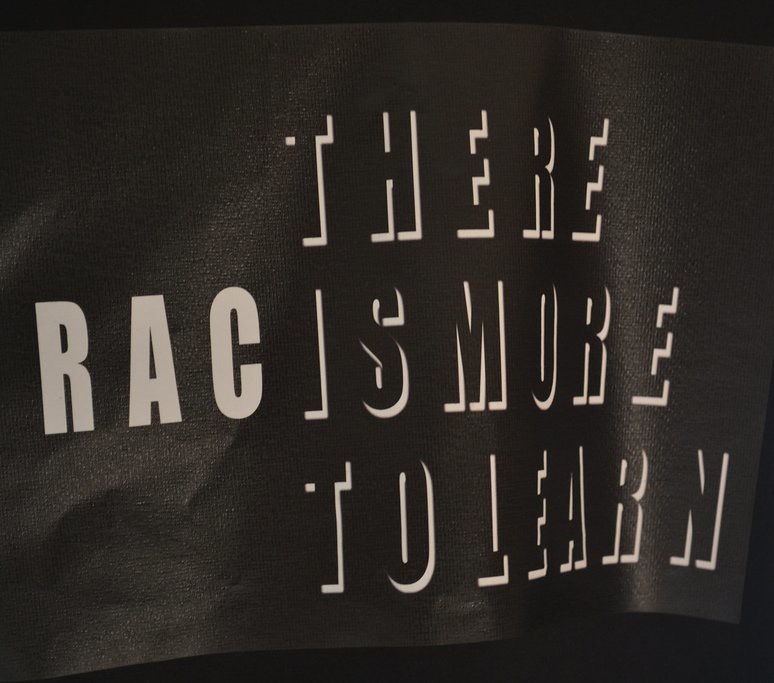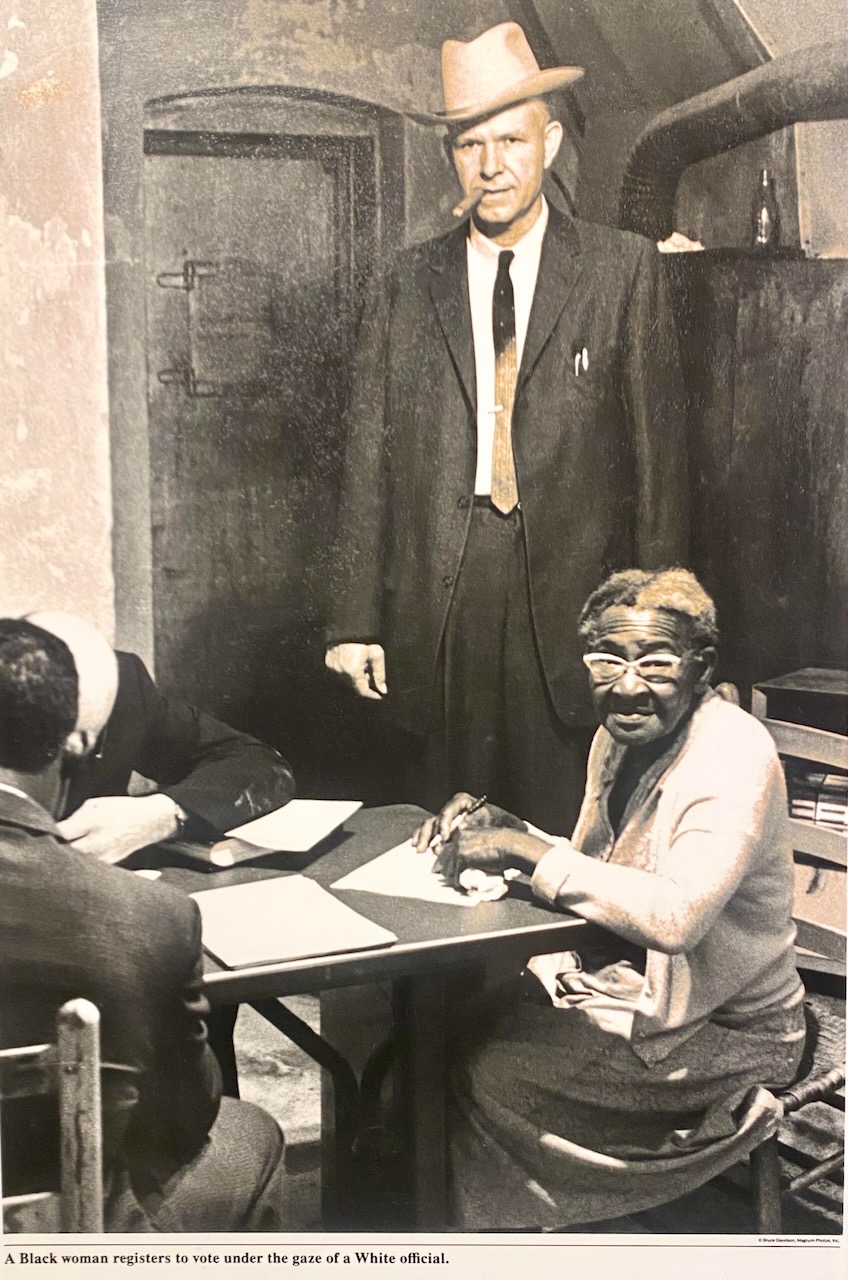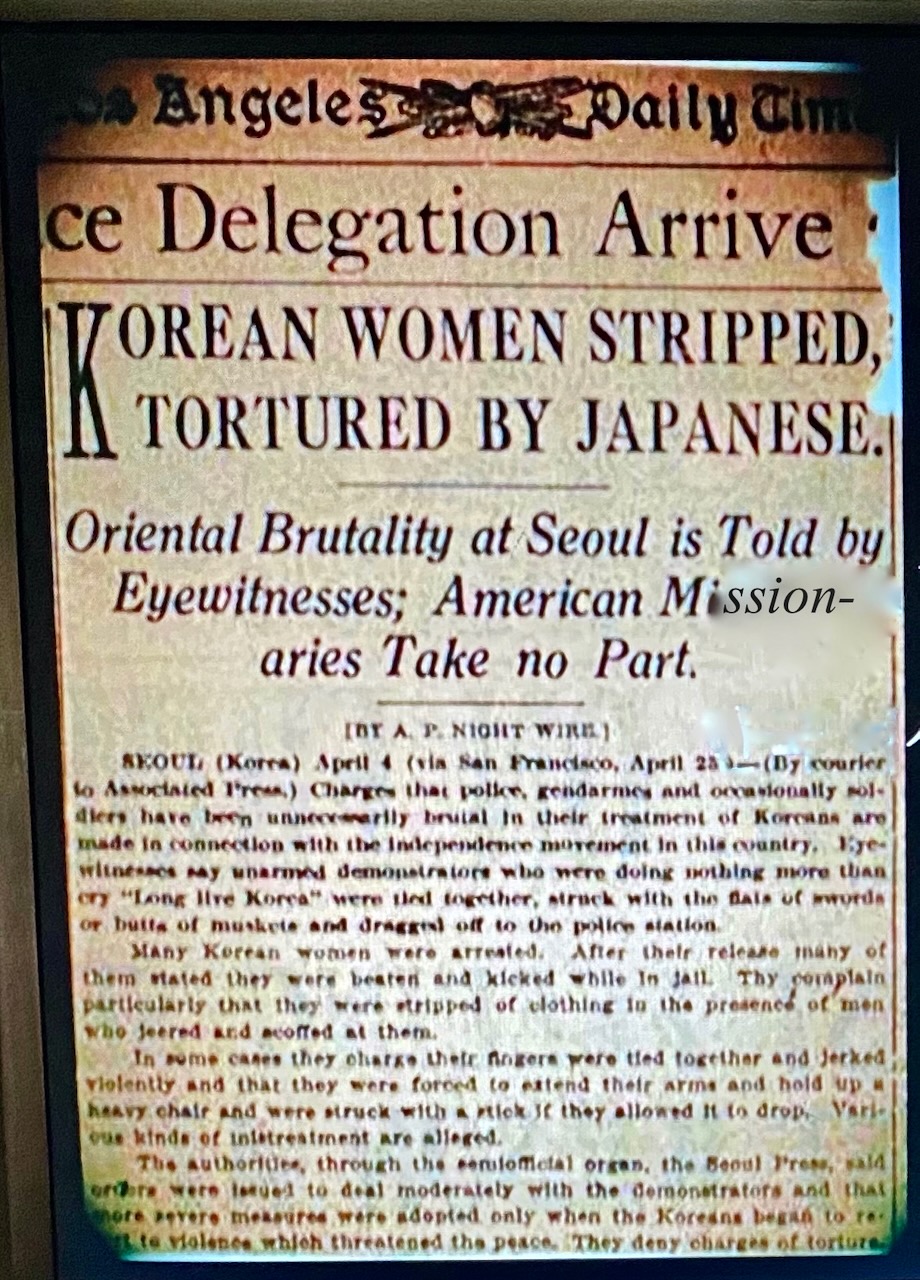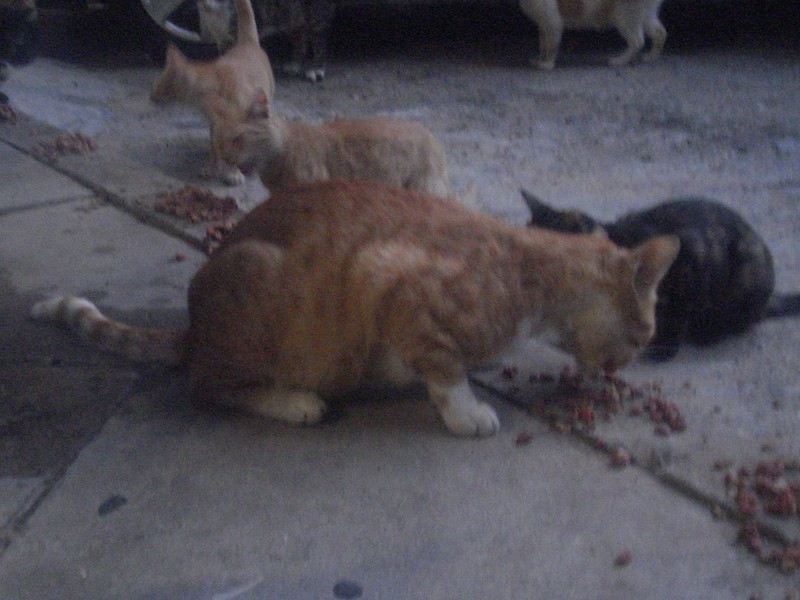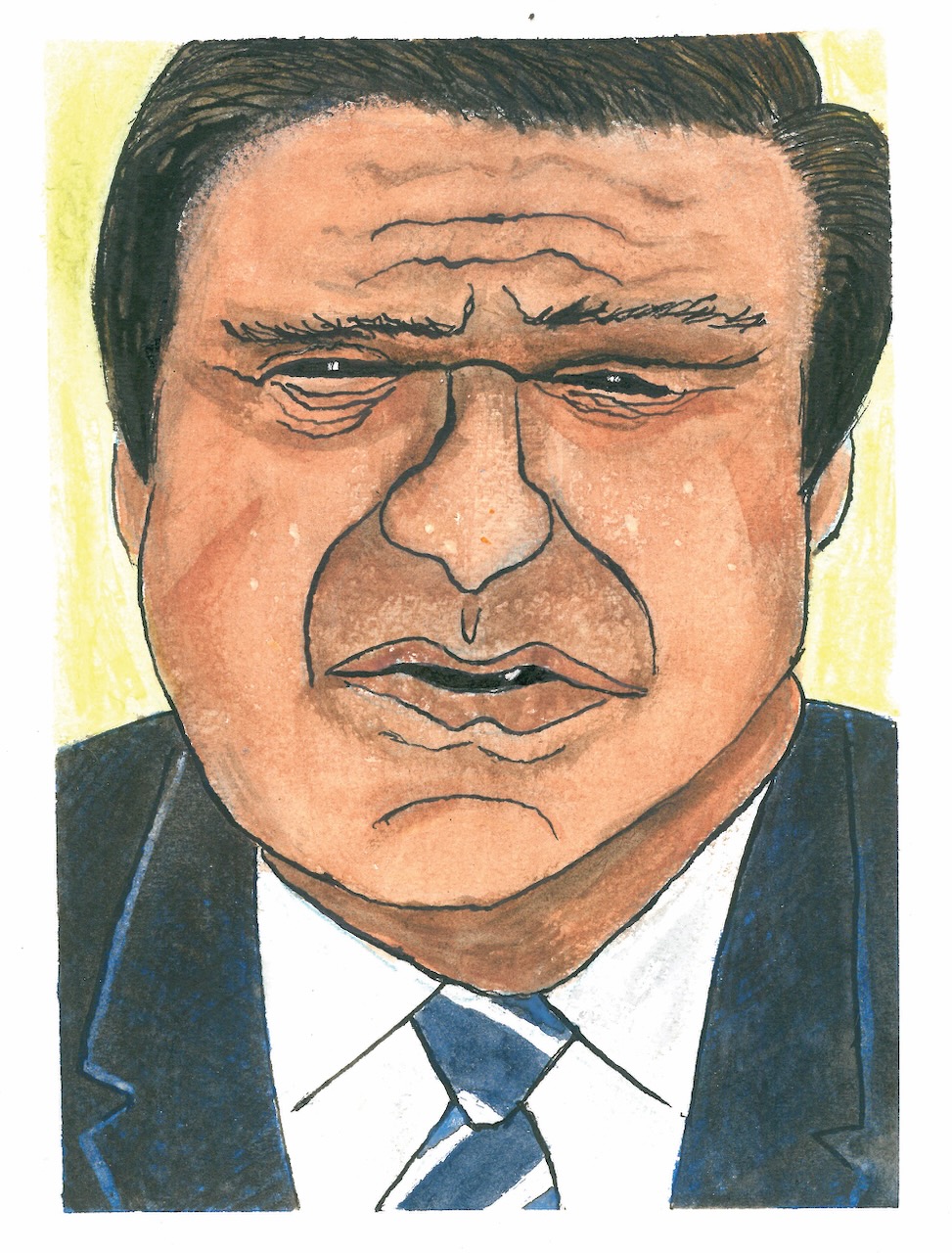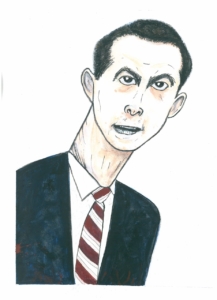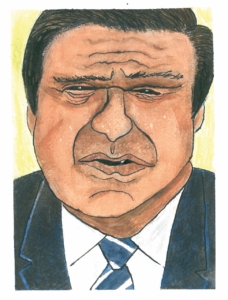Beowulf
By Irene Cooper
While my glamorous friend Anne underwent her abortion, I sat at a lunch counter and ate a grilled cheese sandwich and a chocolate shake before returning to the abortion clinic in the urban grid of Brooklyn. I sat in the waiting area and read Beowulf, assigned by my high school sophomore English teacher.
It wasn’t hard to imagine eighth-century Northern Europe—in my Irish working-class community there was nothing unfamiliar to me about drinking halls, trash-talking men, and tribal vindication. I took the side of the monsters—swollen outcasts, a vengeful mother and her son, descendent of the fratricidal Cain—although I knew—because I knew—they were doomed, predestined martyrs to the heroic trope. It’s even more difficult, now that I am in late middle age and my children are tender adults, not to wish for a better outcome for Grendel’s mother, incited to violence through her grief over the slaying of her son, but she never had a chance.
Anne, like me, was a little younger than her peers. She was not an outsider, but neither was she popular, per se. In that way, too, we were alike, but that’s where our similarities ended. I was overweight by the standard of the day, and poorly dressed, and therefore did everything I could to deflect attention. Anne’s mother worked in some mysterious capacity for Estee Lauder, and brought home gallon bags of makeup samples, of which Anne made liberal and dramatic use. She was dark and bird-like, an Audrey Hepburn for the 80s. In our freshman year, Anne developed appendicitis and parlayed the event into an entire final quarter off from school, during which she sunbathed in a bikini, studied Glamour and Vogue, and, when I came over, mined Jeremy’s—her mother’s boyfriend’s—secret stash of Penthouse magazines for story ideas I would then type, loudly, on Jeremy’s IBM Selectric.
Because I had no compunction about skipping school to keep Anne company, made no judgments about her hiatus (let alone her clandestine sexual relationship with a peach-faced boy two blocks over and one grade behind us), and was sometimes funny, I was the perfect (and only) candidate to accompany Anne to the clinic. My lack of judgment was not a virtue. It simply didn’t occur to me to have, let alone take, a moral position. I was used to things—bad things—just happening. I was accustomed to trying to make the best of it, afterward.
I finished Beowulf. Anne emerged, visibly relieved and hungry.
We’d stay friends throughout the next year, when she left the peninsula to live in a SoHo loft with her mother and Jeremy. Sometimes when I took the train in, Rachel—Anne never called her mother Mom—would take us to an art show, an occasion that left me bright-eyed, and Anne bored. Mostly, we’d go to Rocky Horror screenings and drink beer, after which I’d lie on the bare loft floor and let my head swim, while Anne vomited our revelries into the toilet. Senior year, I went to Rio de Janeiro as an exchange student. The year after that, she attended a small East Coast college, and I got a retail job in Houston, where my parents had moved in my absence. College was a bore, she said during a visit, but there were some cute guys. We sat in my bedroom smoking Parliaments with a fingernail of cocaine in the hollow tip. We neither of us had any plans. We lived by feel, each wondering if the other didn’t have the better set-up. I felt, at eighteen, that I’d forfeited my chance at college—that I was already too old. Anne enjoyed her visit best, I think, when she was flipping through bridal magazines with my mother at the kitchen table. Switched at birth, we’d joke. We didn’t know it, but everything was still open to us, all our fledgling mistakes and triumphs.
My eldest daughter and her fiancée live in a state where abortion will remain legal, for now, but the unnerving buzz is that this is the first domino—that LGBTQIA+ rights have been set up for a fall all along, as has same-sex marriage and accessible contraception. What will that mean, I worry, for the younger daughter, who’s contraceptive implant will expire in another year?
In the middle of Ron Padgett’s long-ish poem, “How to Be Perfect,” between Cultivate good posture until it becomes natural and Plan your day so you never have to rush is the line, If someone murders your child, get a shotgun and blow his head off. Perhaps Grendel’s mother was perfectly well-behaved, before she wasn’t. I suspect good behavior, or the slavish adherence to it, is another big lie, another promise unfulfilled.
A scene near the end of the 2005 BBC movie, The Girl in the Café, shows Kelly Macdonald’s character in the airport with Bill Nighy’s character, after she’s disgraced him at an international conference by talking about dying children in front of all his colleagues at the banquet table. He’d met her in a café, and in an uncharacteristic moment of spontaneity, asked her to join him for the G8 Summit in Reykjavik. He knows nothing about her (duh) and is surprised and aggrieved to learn she’d been in prison.
“I hurt a man. I hurt a man who hurt a child,” she tells him.
He asks, “Was it your child?”
She answers, “Does it matter?”
In the 2007 movie version of Beowulf, Grendel’s mother takes the form of a beautiful woman to seduce the hero in hopes that he will put a baby in her to replace the slaughtered Grendel. In the eighth-century text, as I remember it, she remains a monster, a hag, unseductive, the corpse of her monster son buried in her hair. In either case, she has only “mother” for a name, not even a kenning such as demon-bearer or seed–furrow or icicle-sheath. No, “mother” is her sole identity and purpose, as far as our heroes are concerned. And then they take that from her, too, and rejoice.
Grrr.
And what of Anne? The deer-path of our friendship forked at the end of adolescence. I cultivated my own glamourous mythologies, and still emerged dripping from the brine of my twenties to shed my scales on the toll-road of mortgage, partner, and 2.5 kids. I never liked weddings—uneasy union of the sentimental and the transactional—but, long after my own, have come to appreciate the precipitous question at the core of the ritual: Will you? It is a moment of consummate agency, bedazzled out of focus by diamonds and pearl-encrusted lace. The whole of the endeavor, however, hangs on the answer, and commitment is a matter of individual will.
Anne, I presumed, would someday say I will to a baby, if she could, after making the choice to say, I won’t. I don’t presume to know what she’d think of the Supreme Court’s reversal, or how she might remember her own experience. I do know that when we had almost no sense of our own agency, we could take for granted that autonomy which was provided by law. We could—and lawfully—take care of ourselves as if we, and the embattled women we were to become, mattered.
Irene Cooper is the author of Committal, poet-friendly spy-fy about family (V.A. Press) & spare change (FLP), finalist for the Stafford/Hall Award. Writings appear in Denver Quarterly, The Feminist Wire, The Rumpus, streetcake, Witness, Beloit, & elsewhere. Irene supports AIC-directed writing at a regional prison, and lives with her people and Maggie in Oregon.
Photo credit: Phil King via a Creative Commons license
A note from Writers Resist
Thank you for reading! If you appreciate creative resistance and would like to support it, you can make a small, medium or large donation to Writers Resist from our Give a Sawbuck page.

